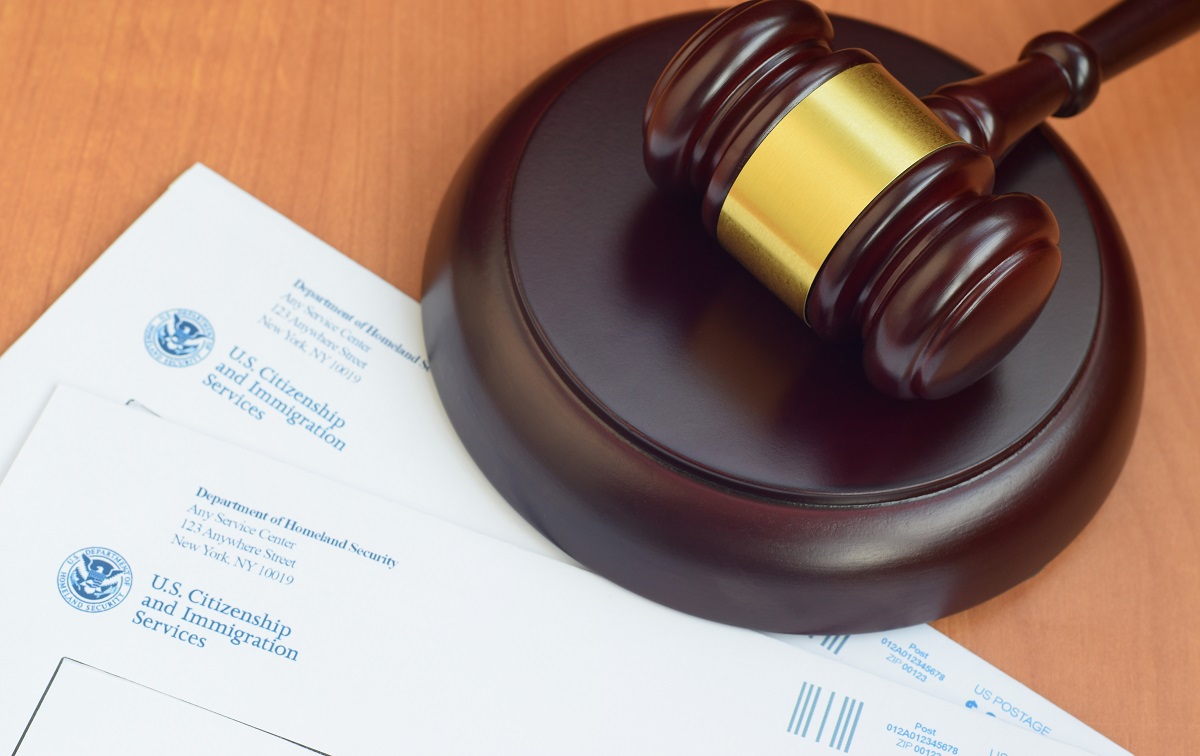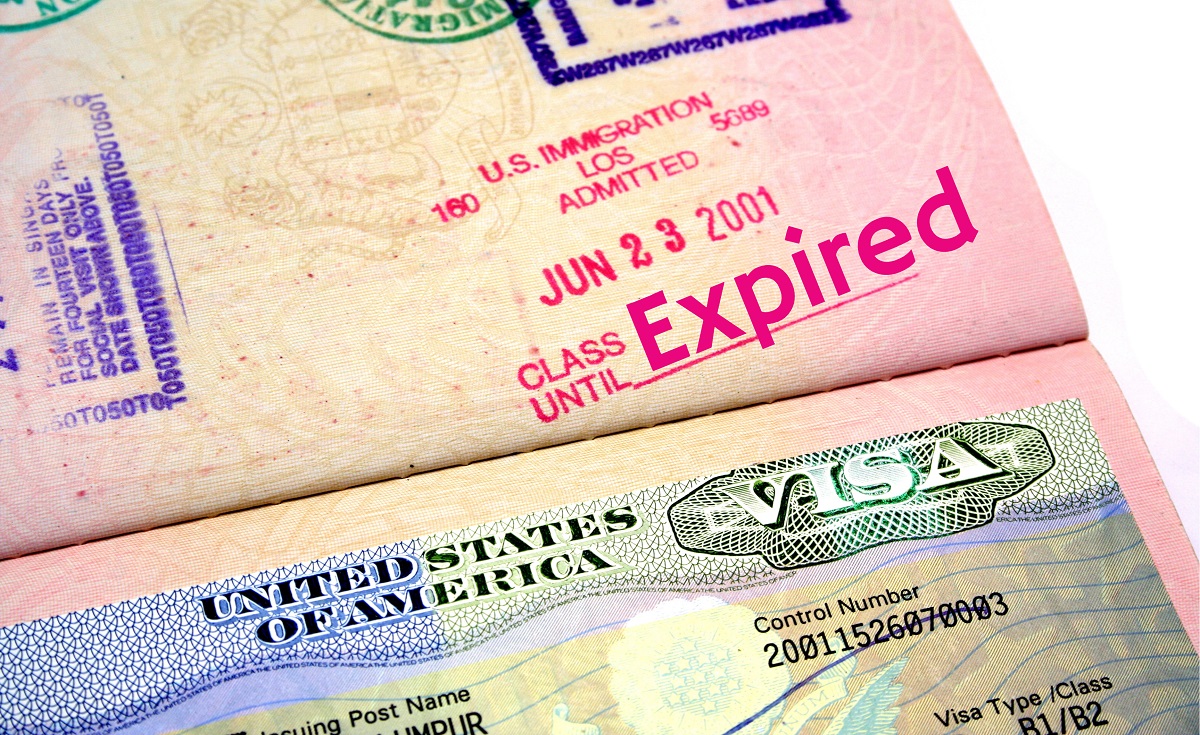

Many foreign nationals find themselves eligible for a green card but cannot finish the application process due to unlawful presence in the United States. Leaving the United States for the consular interview may trigger a bar to reentry due to the illegal time spent in the U.S. The I-601A waiver (also known as a “provisional waiver” or “stateside waiver”) provides a solution for many immigrants with this problem.
Table of ContentsThe government may deny permanent residence (green card) for a variety of reasons, such as crimes, fraud, immigration violations, health problems and even the likelihood of becoming a public charge. These reasons are known as grounds of inadmissibility. However, sometimes waivers are available. A waiver can help you qualify for a green card despite these problems. The I-601A waiver deals with only one reason - unlawful presence. Individuals who have time in an unlawful presence may only be able to obtain a green card through the use of the unlawful presence waiver.
The process of getting a green card can get very complicated for persons who have accumulated a certain amount of “unlawful presence” in the United States.
According to immigration law, unlawful presence is the period of time when you are in the United States without being admitted or paroled or when you are not in a “period of stay authorized by the Secretary.” You have likely accumulated unlawful presence if you:
Therefore, anyone who entered the United States without authorization is unlawfully present. Likewise, anyone who is out of status but remains physically present in the U.S. is accruing unlawful presence. Generally, the U.S. issues an I-94 arrival/departure record to foreign nationals who entered legally. Review this document to determine when your status expires.
Unlawful presence can have significant, long-term consequences. You may be barred from reentering the United States for:
Certain individuals may be able to apply for a green card even after an unlawful presence inside the United States. This privilege is generally limited to immediate relatives (spouses, parents and unmarried children under age 21) of U.S. citizens. Immediate relatives may adjust status to permanent resident status inside the United States, even after an overstay.
The law also provides exceptions for accrual of unlawful presence to the following noncitizens:
In general, individuals protected by these exceptions will not need to request an I-601A waiver.

Adjusting status to lawful permanent resident (green card holder) after a visa overstay is possible for certain foreign nationals.…Continue Reading…
To be eligible for an I-601A provisional unlawful presence waiver through a family-based petition, you must meet ALL of the following conditions:
Generally, you are not eligible for a provisional unlawful presence waiver if you are in removal proceedings or have a final order of removal, exclusion, or deportation. However, there may be other deportation defense strategies available to you. Speak to an immigration attorney to evaluate your situation.
Individuals who wish to apply for an unlawful presence waiver must file Form I-601A, Application for Provisional Unlawful Presence Waiver. At the time of writing this article, the USCIS fee is $630 (plus $85 for biometric screening under the age of 79). However, making a request is much more complicated than preparing a form. You’ll need to submit substantial evidence to support your claim that refusal of your admission to the United States will cause extreme hardship to your U.S. citizen or lawful permanent resident spouse or parent. This is not a do-it-yourself process. We highly recommend obtaining the assistance of an experienced immigration attorney to help you through the process.
Remember, you are also disclosing your name and address to the government while also admitting that you have been in the United States unlawfully. The potential benefits of the I-601A waiver are significant enough to take the risk provided that you have a well-prepared case that is likely to be approved. For this additional reason, it’s important to use an attorney.